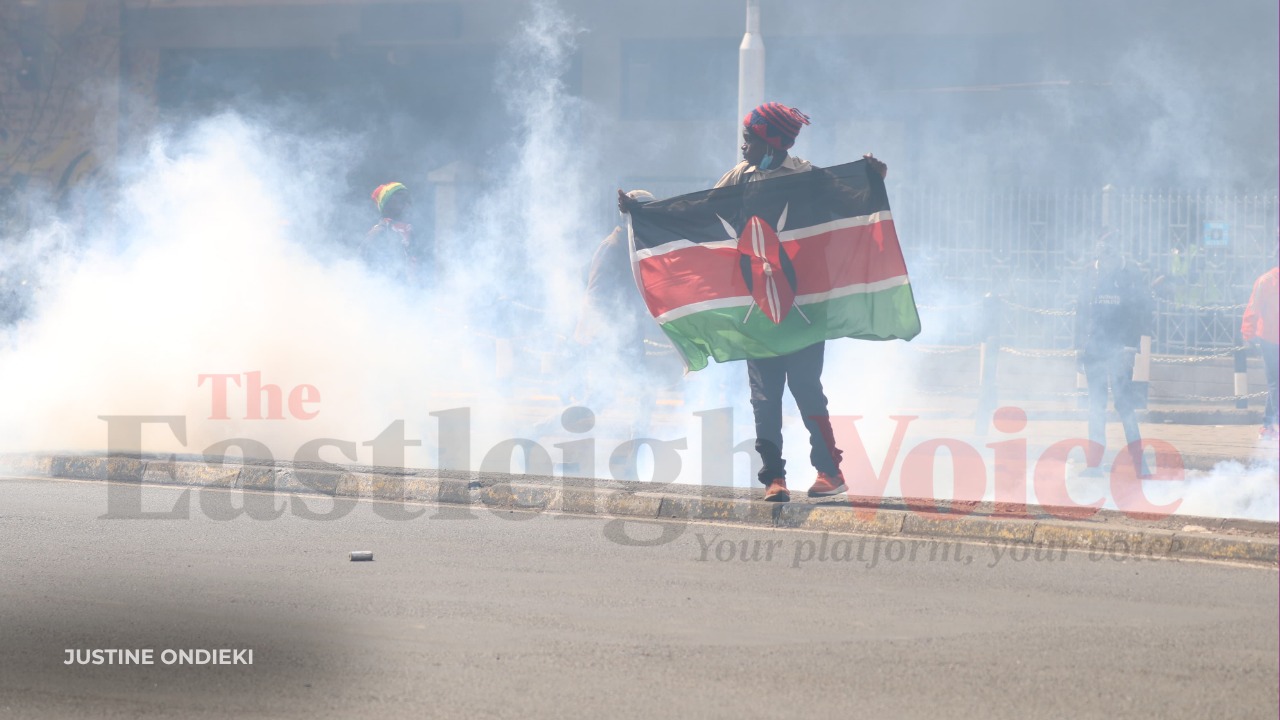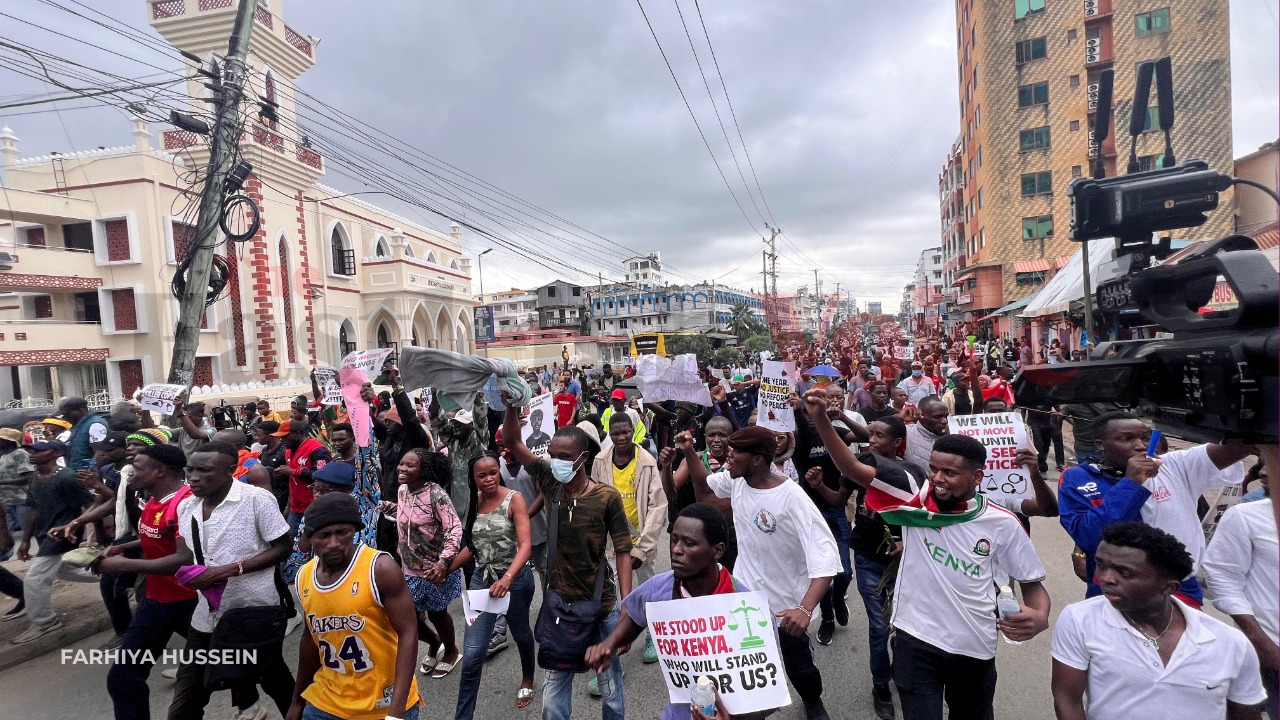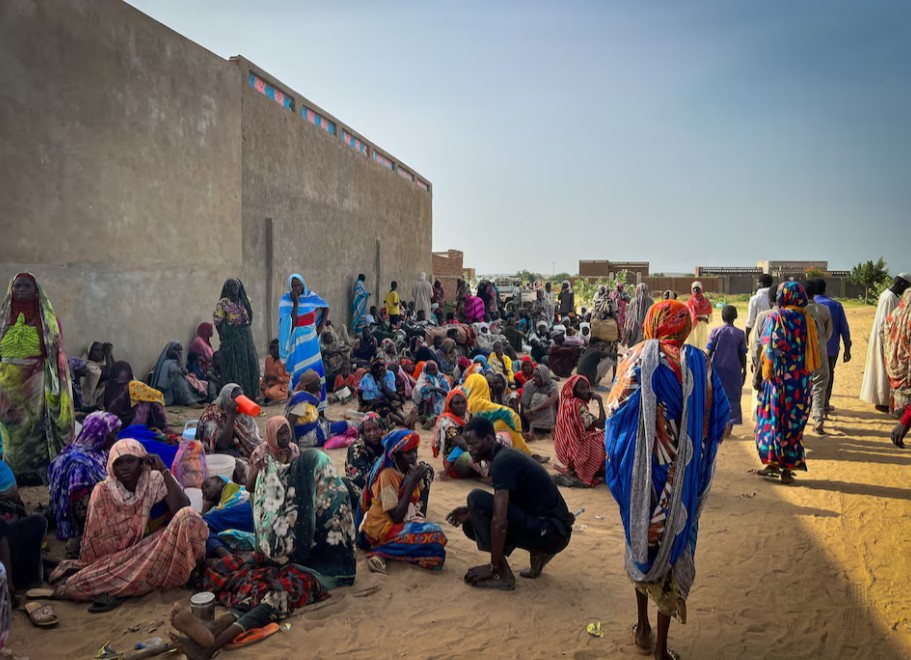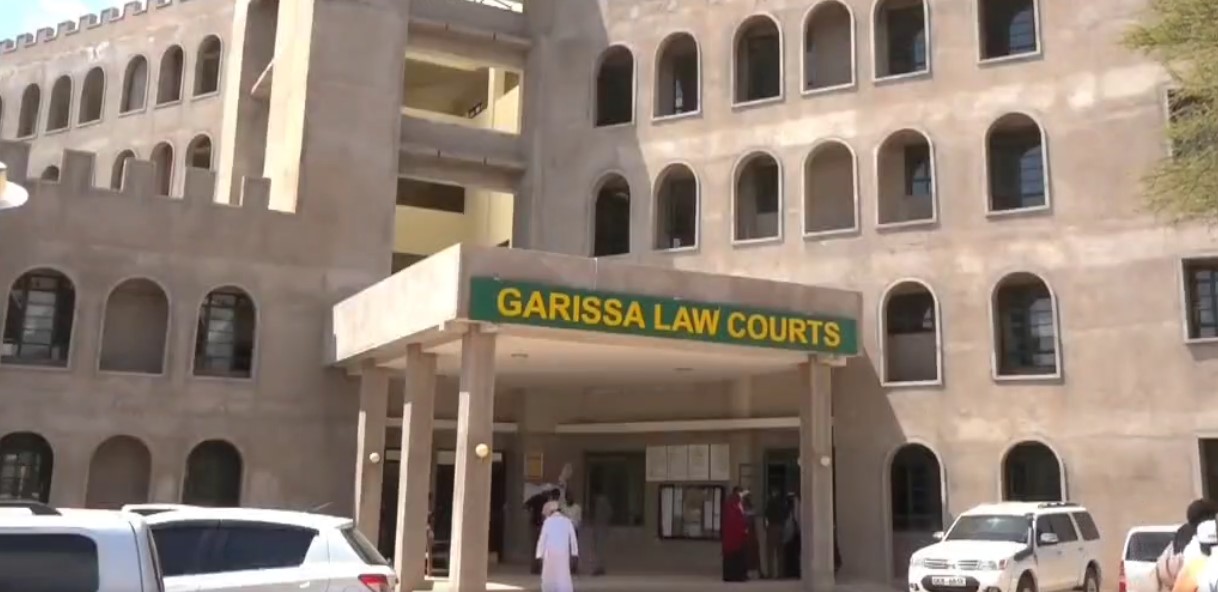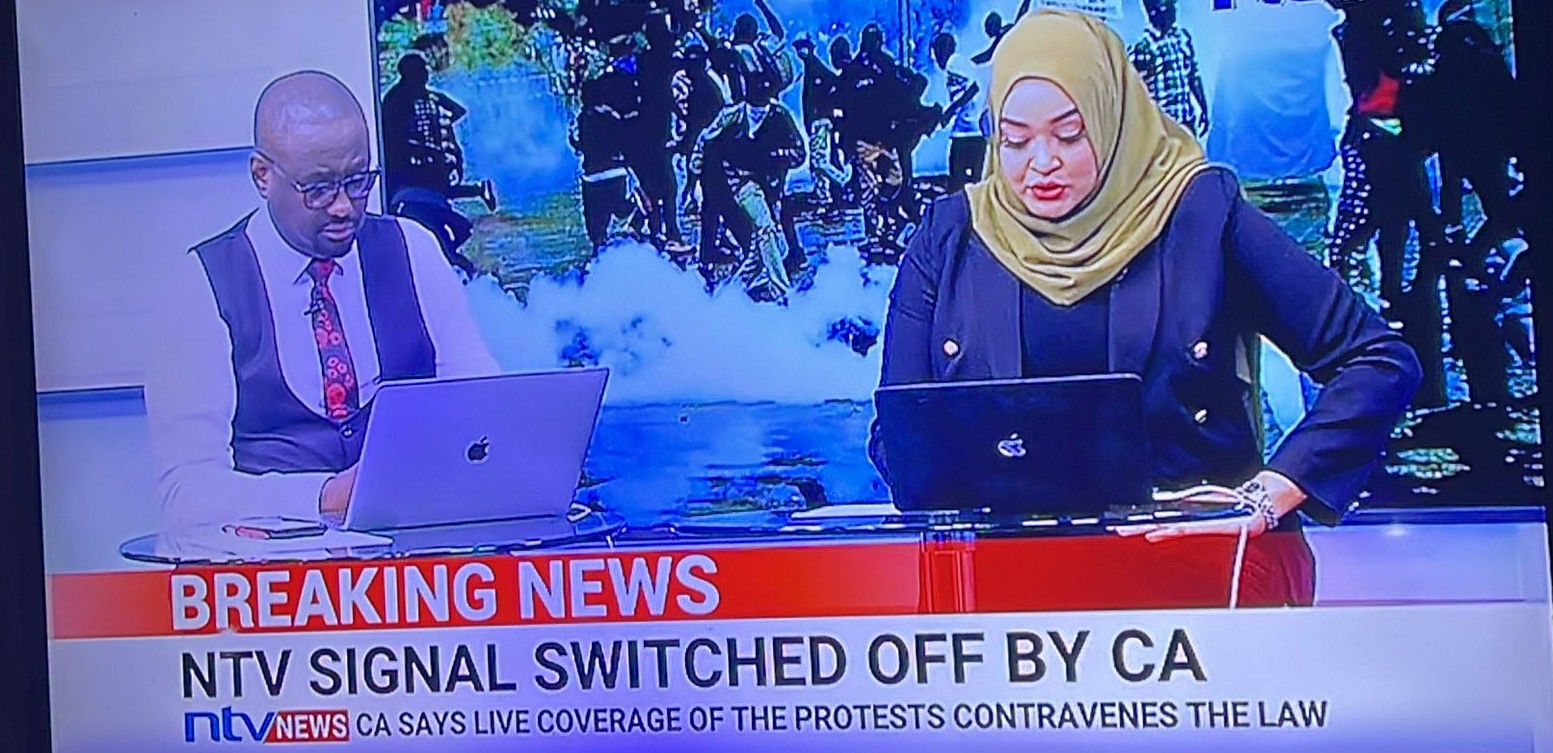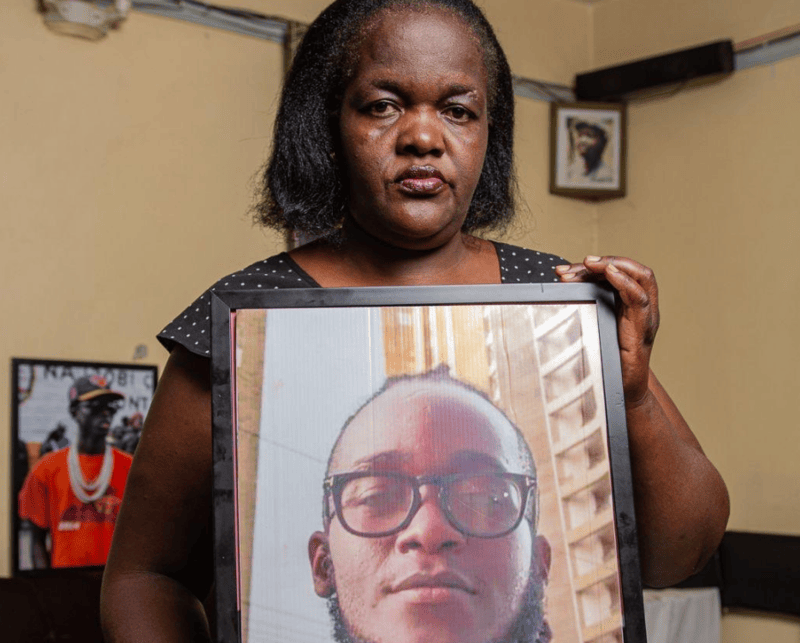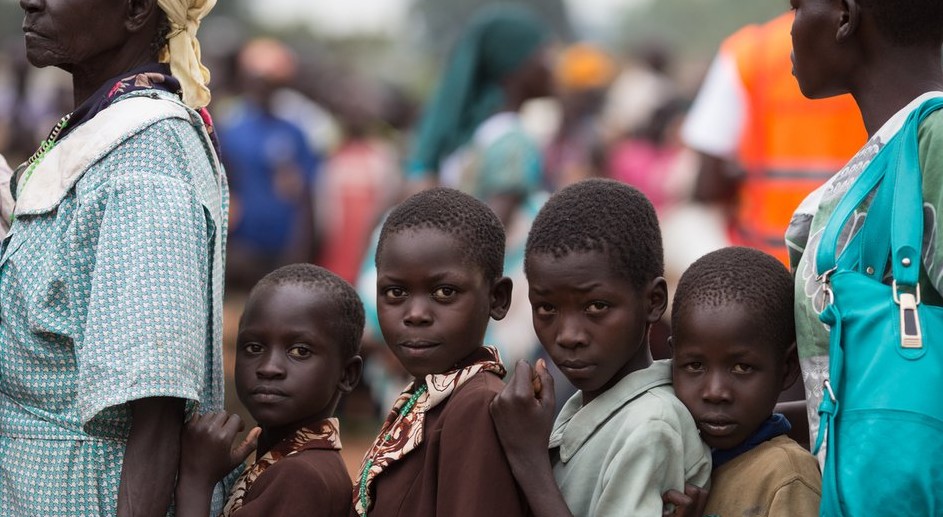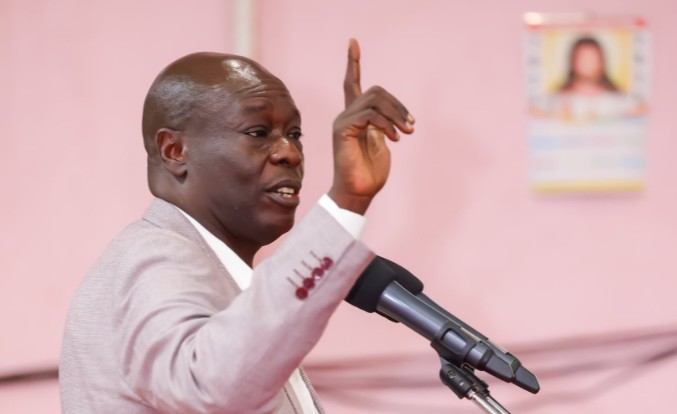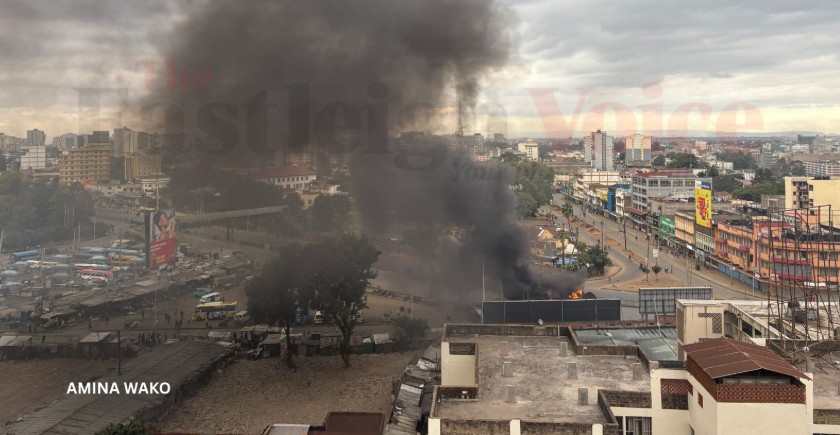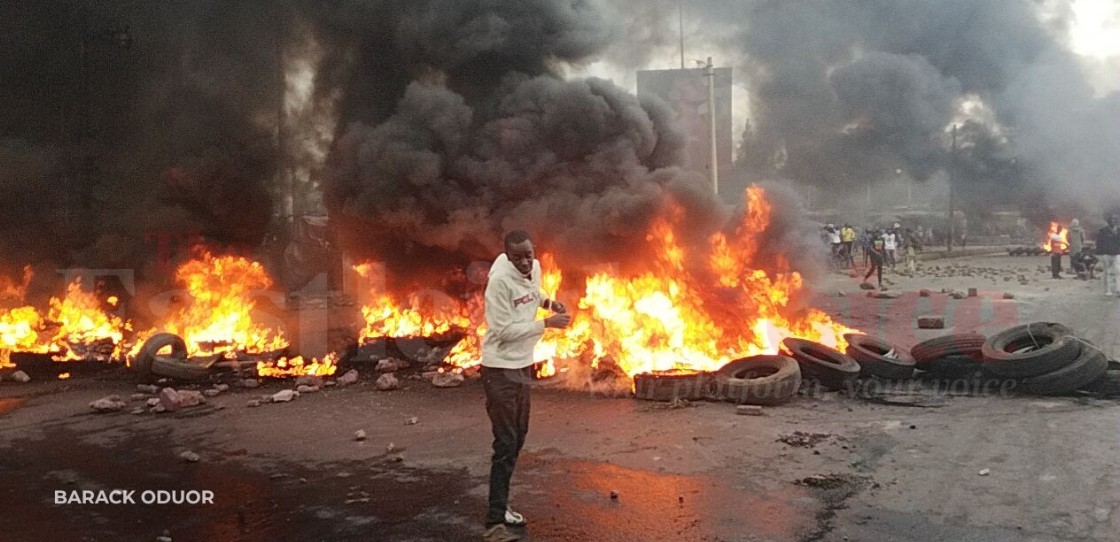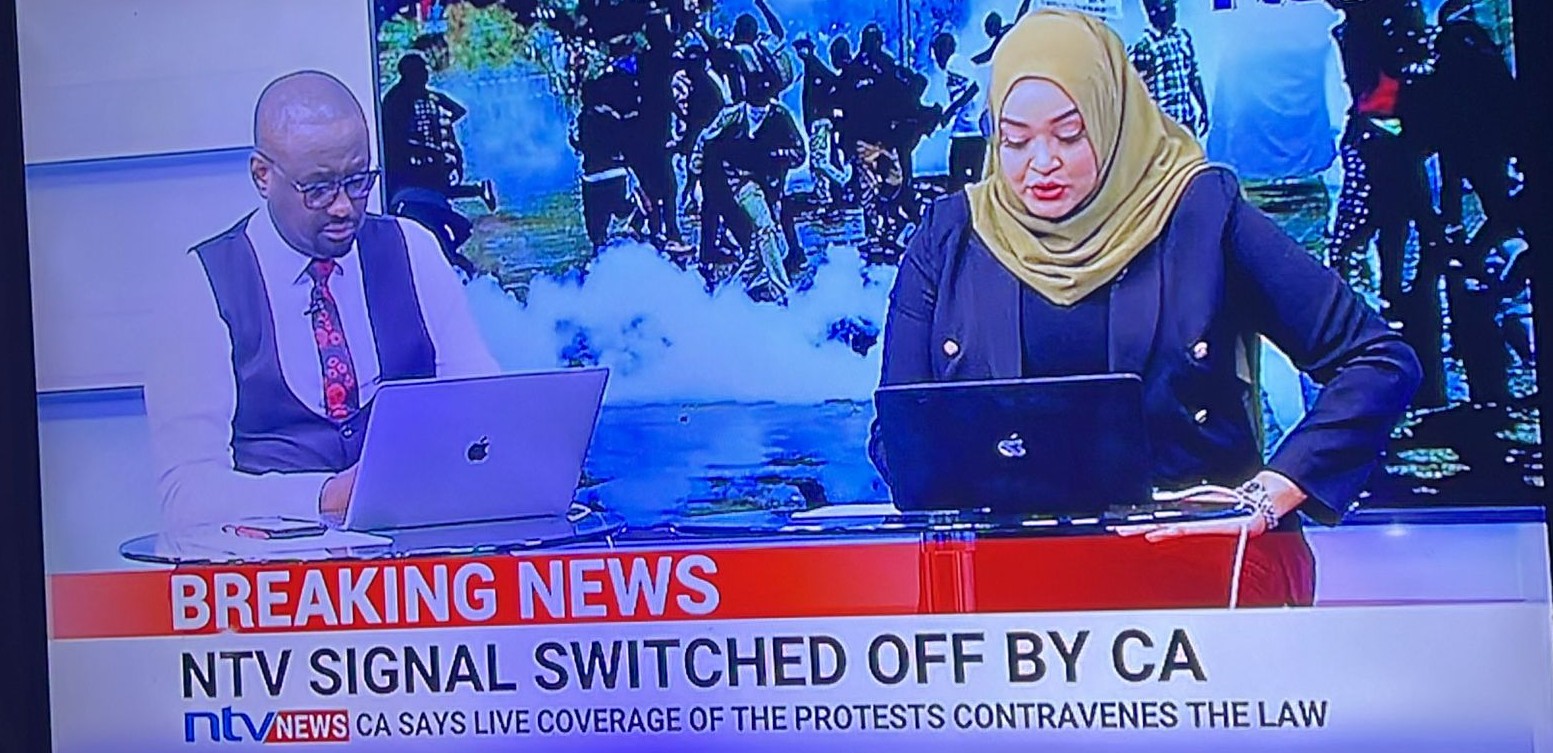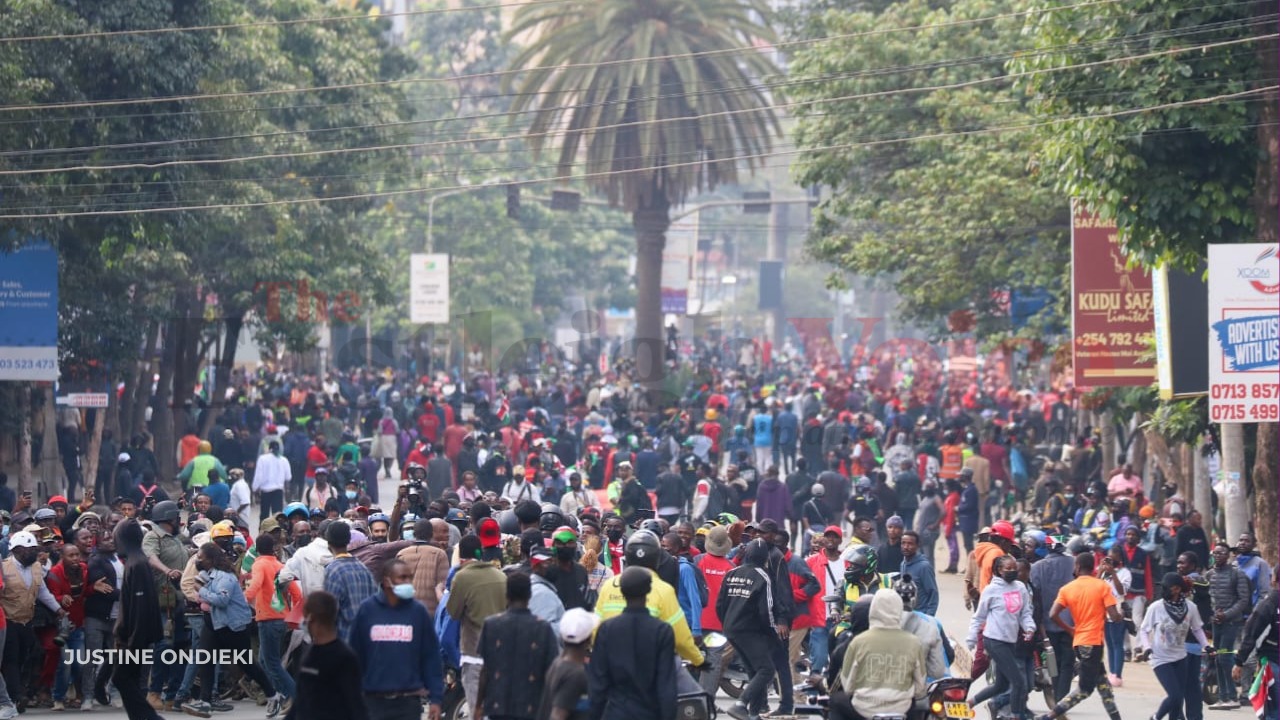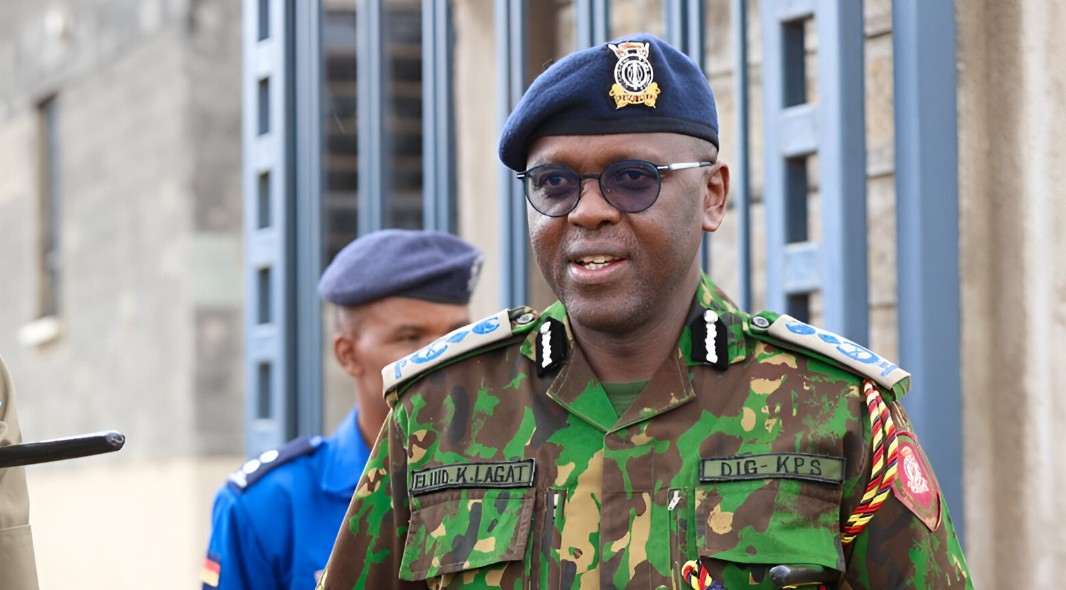Media houses resume live broadcast of protests despite government threat
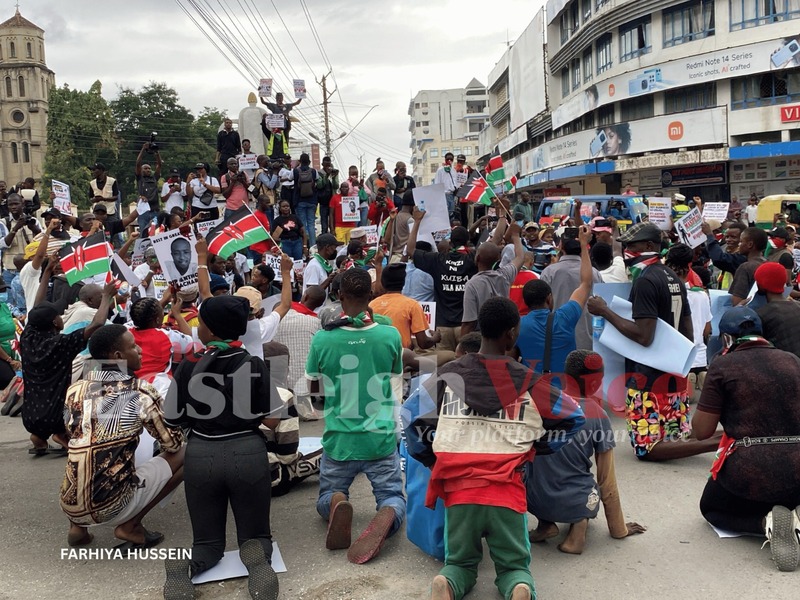
This is not the first time the Communications Authority has threatened broadcasters. A similar warning was issued in 2024 during the anti-Finance Bill protests that saw demonstrators storm Parliament on June 25 last year.
The majority of the media houses have resumed live coverage of the ongoing demonstrations, defying a directive issued by the Communications Authority of Kenya (CA) that sought to bar real-time broadcast of the nationwide protests.
The Kenya Human Rights Commission (KHRC) condemned the directive, urging broadcasters to ignore what it termed an unconstitutional attempt to conceal escalating police brutality. The Commission warned that the move is part of a broader government strategy to suppress dissent and restrict access to information.
More To Read
- MCK condemns Communications Authority's broadcast ban, calls for immediate restoration of TV signals
- Eight killed, 400 injured in protest anniversary as rights groups decry police brutality, media gag
- KHRC, Katiba Institute sue Communications Authority of Kenya over ban on live protest coverage
- Communications Authority shuts down TV signals over protest coverage in major crackdown on press freedom
- NPSC urges peaceful protests and police restraint as protests turn chaotic across Kenya
- Gov't orders TV, radio stations to stop live broadcasting of ongoing countrywide protests
“The regime’s move to block live coverage of the #Justice4OurMashujaa protest is a deliberate attempt to conceal police violence, which is getting worse, as witnessed by KHRC,” the Commission said in a statement.
“KHRC calls on media houses to ignore this unconstitutional directive. We also encourage all protesters to document and share any instances of police brutality, so that the abusers are held to account.”
The CA had, on June 25, 2025, issued a formal directive to all television and radio stations instructing them to cease live broadcasting of the protests. CA Director General David Mugonyi cited alleged violations of Articles 33(2) and 34(1) of the Constitution and Section 461 of the Kenya Information and Communications Act, 1998, as the legal basis for the order.
“The live coverage of the June 25, 2025, demonstrations is contrary to Articles 33(2) and 34(1) of the Constitution of Kenya and Section 461 of the Kenya Information and Communications Act,” read the statement from the Authority.
The Authority further warned that any media house that failed to comply would face regulatory action in line with existing laws.
The directive has sparked sharp criticism from media watchdogs and civil society groups. Africa Uncensored called the ban a direct attack on press freedom and the public’s constitutional right to information.
“This directive is a blatant assault on media freedom and the public’s constitutional right to access information, and it cannot be allowed to stand in a democratic society governed by the rule of law,” it said.
The Kenya Editors’ Guild (KEG) rebuked CA, terming the action a “gross violation” of constitutional rights and a blatant attack on press freedom.
“This directive is a gross violation of the Constitution and an affront to press freedom and public accountability,” KEG President Zubeidah Kananu said.
“Live, factual reporting by licensed media is not a threat, it’s a civic duty.”
KEG accused the CA of misinterpreting Articles 33 and 34, arguing that these provisions protect expression and media freedom, limiting only hate speech, incitement, and propaganda, not responsible journalism.
The Guild further reminded the regulator of a 2023 High Court ruling in Kenya Editors’ Guild & Others v Communications Authority, which barred CA from interfering with live broadcasts.
“By ignoring this ruling, CA is actively undermining judicial authority and reopening the door to unconstitutional state censorship,” KEG said.
The Guild demanded the immediate withdrawal of the directive, respect for court orders, and urged Parliament and the Judiciary to investigate CAK’s conduct.
Africa Uncensored emphasised that Articles 33, 34 and 35 of the Constitution provide binding protections for freedom of expression, media freedom, and public access to information—protections that cannot be arbitrarily suspended.
“The Constitution of Kenya, 2010, provides clear and unequivocal protections for freedom of the media under Article 34, which guarantees that the State shall not exercise control over or interfere with any person engaged in broadcasting. Furthermore, Article 33 protects the freedom of expression, while Article 35 guarantees every citizen the right to access information held by the State or any other person. These are not suggestions—they are binding rights,” it said.
The organisation further noted that limitations to these freedoms must meet the strict threshold under Article 24, which allows restrictions only through reasonable and justifiable legislation in an open and democratic society. According to Africa Uncensored, the CAK failed to meet this threshold.
“Africa Uncensored calls on the Communications Authority to immediately withdraw this unlawful directive and urges all media houses to stand firm in defence of press freedom. We also call on the judiciary, civil society, and the international community to speak out against this violation of constitutional rights and to support independent journalism in Kenya,” the organisation said.
The Standard Group said it had not received an official communication. However, it confirmed that editors from other media houses had shared copies of the order.
“Whereas KTN and the Group’s radio stations—Radio Maisha, Spice, and Berur—have not received their copies of this order, editors from other media houses have confirmed that indeed this is the position,” the company said in a statement.
The media house said it is currently consulting legal experts to establish the legality of the directive and vowed to continue with its coverage in the public interest.
“We are consulting our lawyers to establish the legality of this order, which aims to plunge the country into a news blackout. Meanwhile, we will continue broadcasting in the public interest until the legal position is confirmed.”
This is not the first time the Communications Authority has threatened broadcasters. A similar warning was issued in 2024 during the anti-Finance Bill protests that saw demonstrators storm Parliament on June 25 last year.
Despite CAK’s warnings, the Eastleigh Voice has confirmed that major media houses including KTN, Citizen TV, and NTV have resumed their live coverage of the ongoing protests.
Top Stories Today
Reader Comments
Trending
